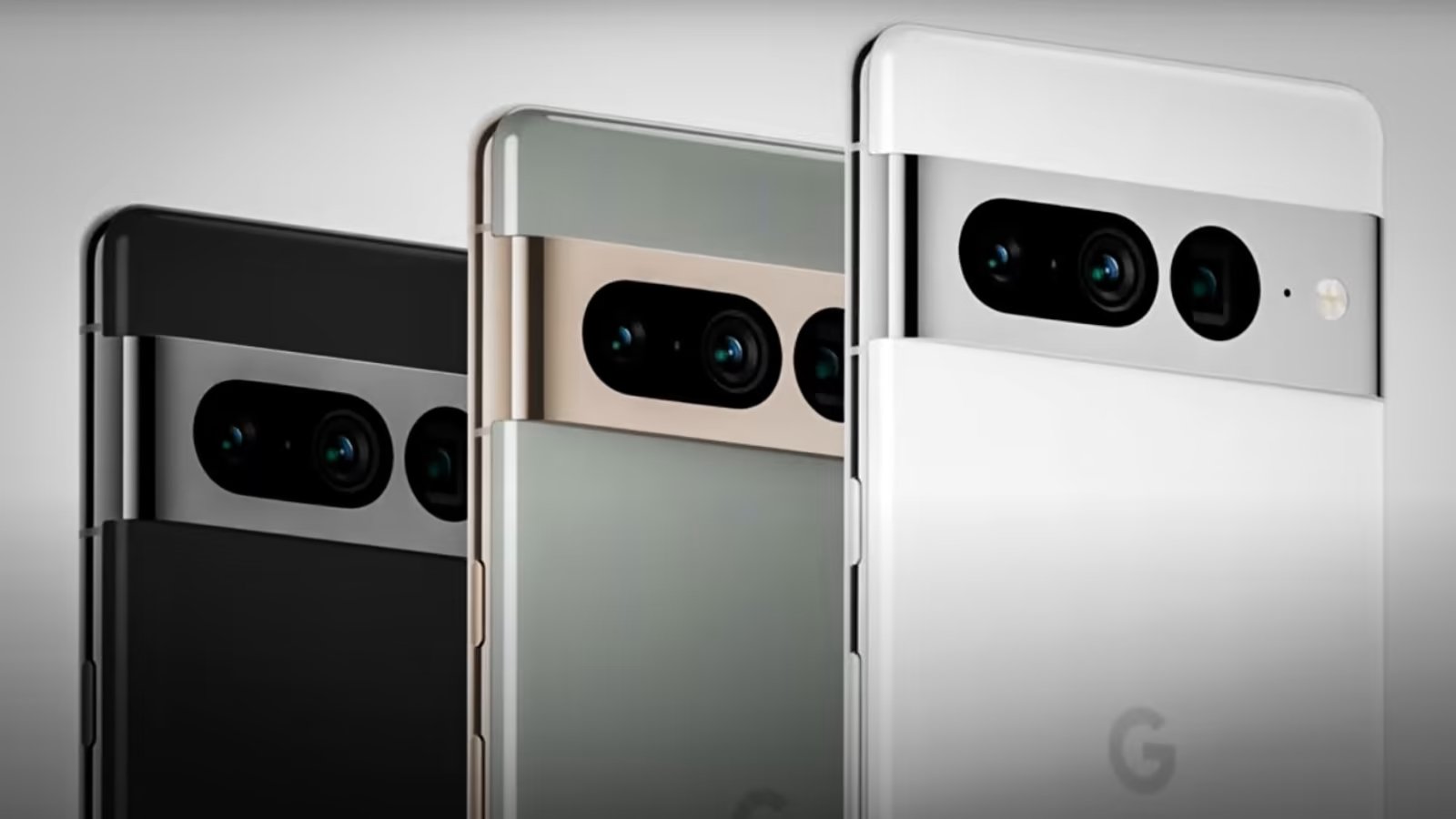A major American search engine company entices users with an improved Tensor chip and lower prices.
US-based PALO ALTO and Taiwan As it competes with Apple, Samsung, and other Asian rivals in a contracting global market, Google is getting ready for its largest-ever launch order for its newest mobile phone range.
According to individuals acquainted with the situation and reported by Nikkei Asia, Google has demanded more than 8 million handsets for its Pixel 7 line. According to two people with firsthand knowledge, it has informed many suppliers that it expects its smartphone sales for 2023 to roughly treble those of this year.
The Pixel 7 and Pixel 7 Pro were unveiled by the American search engine juggernaut on Thursday at an event in Brooklyn, New York. The updated Tensor G2 chip found in the Pixel 7 and Pixel 7 Pro gives the Android device stronger security and enhanced camera features including auto-deblurring images.
The beginning prices of the Pixel 7 and Pro models are $599 and $799, respectively, less than those of the most recent Samsung flagship Galaxy phones or the iPhone 14s.
According to sources with knowledge of the strategy, Google is also preparing for launch orders of approximately 4 million devices for a low-cost Pixel smartphone that is scheduled to debut early next year.
One of the only handset manufacturers to continue expanding despite a substantial economic slump is Google thanks to its optimistic plans. According to research firm Canalys, the worldwide smartphone market contracted 11% and 9% year over year in the first and second quarters of 2022.
Since adding Tensor, its own application processor, to its Pixel 6 portfolio last year, Google has taken its hardware business more seriously. During an earnings meeting in April, Google and Alphabet CEO Sundar Pichai said that the Pixel 6 was the “fastest-selling” Pixel line ever.
According to research firm Canalys, Google’s shipments in the second half of 2021 and the first half of 2022 surged by about 130% to about 6.2 million devices after the launch of the Pixel 6 range, up from only 2.7 million in the same period a year earlier.
According to insiders briefed on the situation, Google has been informing suppliers that being the sole American manufacturer of Android handsets will help it grow its company both here and abroad in Europe and Japan.
Requests for comment from Google were not answered.
According to Canalys data, Pixel increased its market share in the home market by 345% during the first half of 2021, ranking No. 5 overall with 2.6% of the market.
“Google has made big investments in a few key markets where it has experienced rapid growth. The best illustration of this is the United States, “added Canalys analyst Runar Bjorhovde. He claimed that Google is also performing admirably in the UK and Japan.
Despite its current growing trend, Google’s Pixel still pales in comparison to other Android phone behemoths or iPhones in terms of size. According to market research firm IDC, Apple sold more than 235.7 million iPhones in 2021, while Samsung shipped more than 272 million Android handsets during the same year.
According to Wayne Lam, senior director of research at CCS Insight, “Google’s statement that the Pixel 6 was the bestselling Pixel ever is clearly a good indicator, signalling that they’re starting to get scale.” But they’re still very, very little, and while they would undoubtedly have a better penetration rate in the American market, they wouldn’t even be noticeable there.
“They ultimately reached the tens of millions of units after six generations. Still, the ramp moves very, very slowly “Added he.
Lam added that Google’s relationship with other cellphone manufacturers that use the Android operating system would be complicated by any move by the American tech giant to build large-scale smartphones.
He continued, “For Google, hardware is just a way to flaunt and advertise their software and software businesses. Pixel was a demonstration of everything Google could do with artificial intelligence.
Many of the AI features of the Pixels are made possible by Tensor, Google’s own mobile system on a chip that integrates a number of processing units and boosts computational capability in an energy-efficient manner.
Tensor has been hailed by Google as a crucial differentiator that might help the business stand out in the face of growing competition. However, Samsung supplies many of the parts for the Pixel range, including Tensor and electrical displays.
According to Lam, Google and Samsung are working together “symbiotically to promote the Android ecosystem.”
Google also unveiled its first wristwatch, the $349 Pixel Watch, at the event on Thursday. It provided a preview of the Pixel tablet, which will also be available in 2019.








